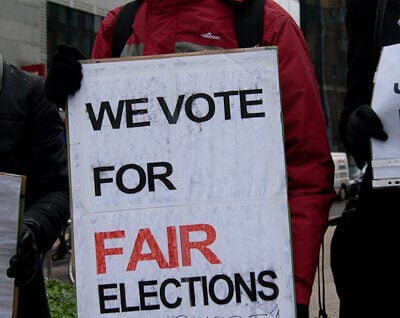Key Takeaways
• Gov. Braun asked the legislature to hold a special session on redistricting.
• Indiana’s lawmakers already spent months drawing fair maps in 2021.
• National pressure aims to help one party ahead of the 2026 elections.
• History shows mid-cycle redistricting often fails to give the desired advantage.
• Hoosiers want honesty and fair elections, not short-term political gains.
Indiana’s top leaders know redistricting well. They drew new congressional maps after the 2020 census. Then they held hearings in every district to listen to voters. They promised those maps would stay fair for ten years. Now, Gov. Mike Braun wants a special session to redraw districts again. However, many Hoosier lawmakers say no. They worry breaking that promise will hurt their reputation. Moreover, they see little benefit. After all, the party in the White House usually loses seats in midterms. So any new maps might not save their majority.
The Risks of Mid-Cycle Redistricting
Redistricting outside the usual cycle brings big risks. First, it looks like a power grab. Voters may feel cheated. Second, courts sometimes strike down extreme maps. For example, the Supreme Court case Davis v. Bandemer started in Indiana. Democrats argued the maps strongly favored Republicans. They lost the case, yet public opinion turned against the maps. Just a few years later, the delegation swung heavily to one party. That shows how hard it is to predict results. Finally, history warns that the president’s party loses about 28 seats on average in midterms. In 2010, Democrats lost 63 seats. In 2018, Republicans lost 40. Therefore, new maps might not stop a shift in power. In fact, they could backfire.
Lessons from Past Cases
Americans have long hated gerrymandering. The word comes from Elbridge Gerry, an early U.S. leader. He helped write the Constitution and served as vice president. Yet his name now means unfair maps. Likewise, in 1950, Senator Margaret Chase Smith stood up for honesty. She called on her party to win fairly, not cheat. She warned that a dishonest win hurts the nation more than the other party winning. Her “Declaration of Conscience” reminds us that integrity matters. Indiana’s current leaders face a similar choice. They can hold to fair maps or risk their legacy by redrawing for short-term gain.
What Comes Next for Indiana
Lawmakers must decide soon if they’ll meet in a special session on redistricting. Many have served longer than both Gov. Braun and former President Trump. They built their careers on serving the public good. Now, they risk losing trust by breaking faith with voters. If they reject mid-cycle redistricting, they will protect their reputation. They will prove they value fair elections over political games. For Hoosiers, that decision matters more than party power.
Frequently Asked Questions
What is mid-cycle redistricting?
Mid-cycle redistricting happens when lawmakers redraw voting maps between the usual ten-year census cycle. It often aims to shift power for upcoming elections.
Why did Gov. Mike Braun call a special session?
Gov. Braun called for a special session to explore new congressional districts. He and some allies hope to gain an advantage before the 2026 midterms.
How did Davis v. Bandemer impact redistricting?
Davis v. Bandemer was a Supreme Court case from Indiana. It upheld the state’s maps but acknowledged they were drawn to disadvantage Democrats. It shows that courts may allow partisan lines yet voters can react strongly.
What might happen if Indiana changes its maps now?
If Indiana redraws maps mid-decade, voters may distrust their leaders. Courts might challenge the new lines, and any political gain could vanish in the next election wave.
